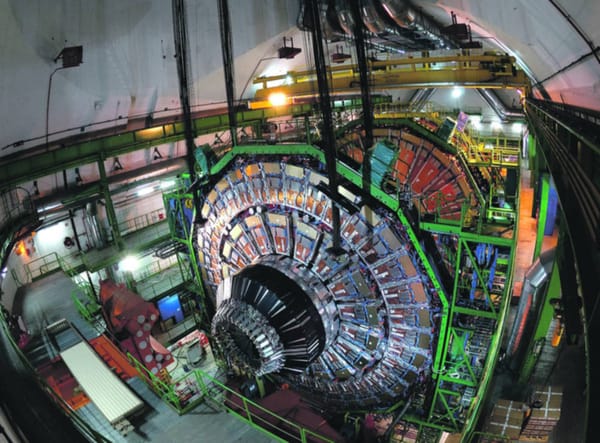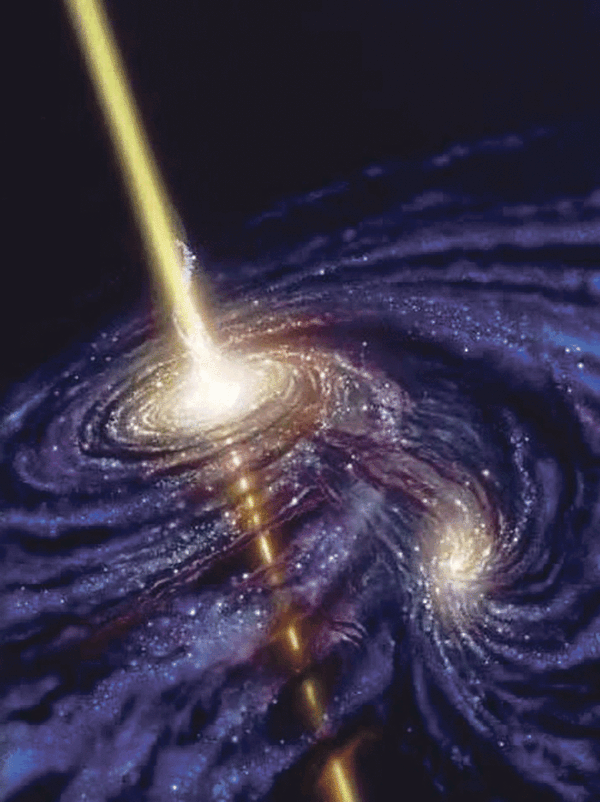Origin of life may be geothermal pool
Scientists propose hydrothermal vents on the ocean floor as possible locations for the beginning of life itself
The origin of life on Earth is one of the most compelling questions in science today. Recently, hydrothermal vents on the ocean floor have been cited as potential settings for this event. However, the Proceedings of the National Academy of Sciences has published a study led by Armen Mulkidjanian from the University of Osnabrück, Germany, arguing that the first life arose in pools of condensed vapour from geothermal vents on land.
Nearly 4 billion years ago the ‘late heavy bombardment’ saw Earth’s surface pulverised by asteroids, leaving few rocks intact. This was bad luck for scientists, as the earliest life probably existed before then – so we will never discover its fossils. Consequently, scientists are trying to picture those organisms from the biological, not fossil, record: finding features that all living cells share, because they probably also occurred in our most ancient ancestors, or ‘protocells’.
The Canadian biochemist Archibald Macallum pointed out in 1926 that, while our blood resembles seawater, the insides of our cells do not. They contain much higher concentrations of certain metal ions and phosphate than are (or ever were) present in oceans, but less sodium, which they constantly pump out. Our cells control these concentrations with ‘ion-tight’ membranes and transporter proteins, but protocells had not yet evolved these. Ions would have flowed through them and reached the same concentrations as in the surrounding water.
Mulkidjanian’s team looked among the oldest, most conserved proteins in many organisms for those which require particular ions. They found that potassium and zinc are involved in the most ancient, basic processes, such as protein and DNA synthesis, while sodium ions are not. Meanwhile, phosphate fills the backbone of every DNA molecule and is present on many proteins. These features of every modern cell were probably present in protocells too. However, no known or reconstructed marine environment has a high potassium-to-sodium ratio, making hydrothermal vents unpromising as potential cradles of life.
The authors put forward an alternative setting for the beginning of life: pools formed of condensed steam from geothermal springs. When magma-heated water rises from deep underground, some evaporates, carrying with it lots of potassium, phosphate and zinc but very little sodium. It also contains organic molecules and ammonia, which cells can use for energy or synthesis. Additionally, the exuded sulphides probably solidified into porous structures that could protect protocells from the sun’s harmful UV rays.







